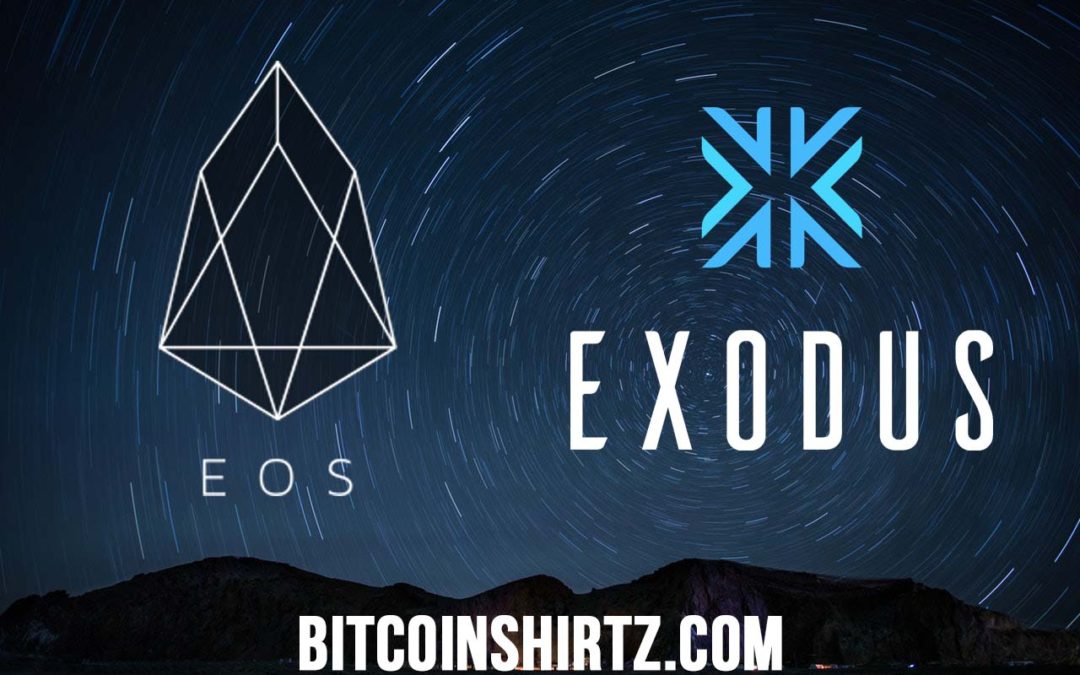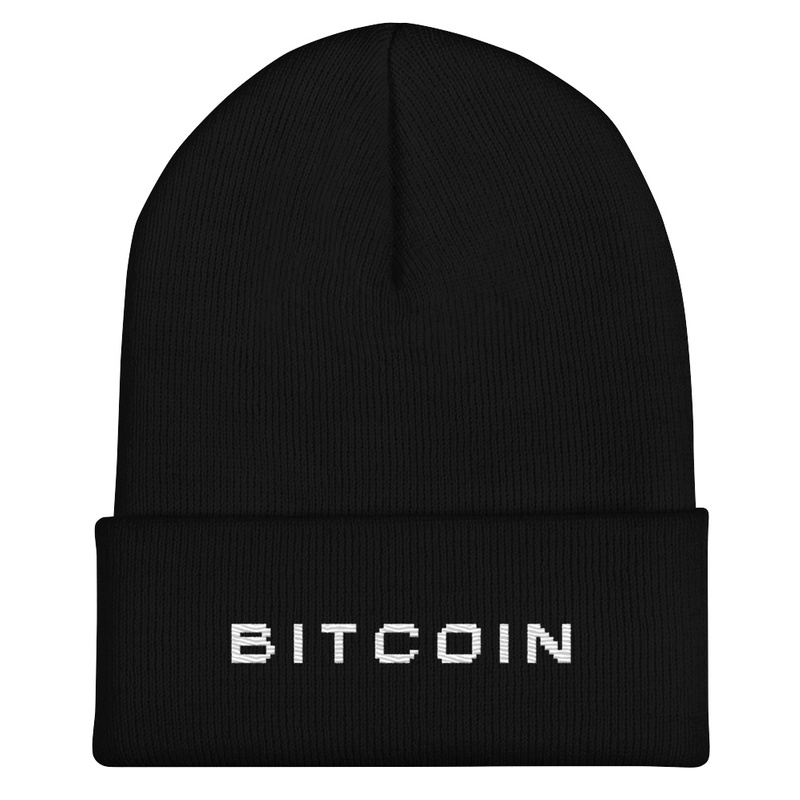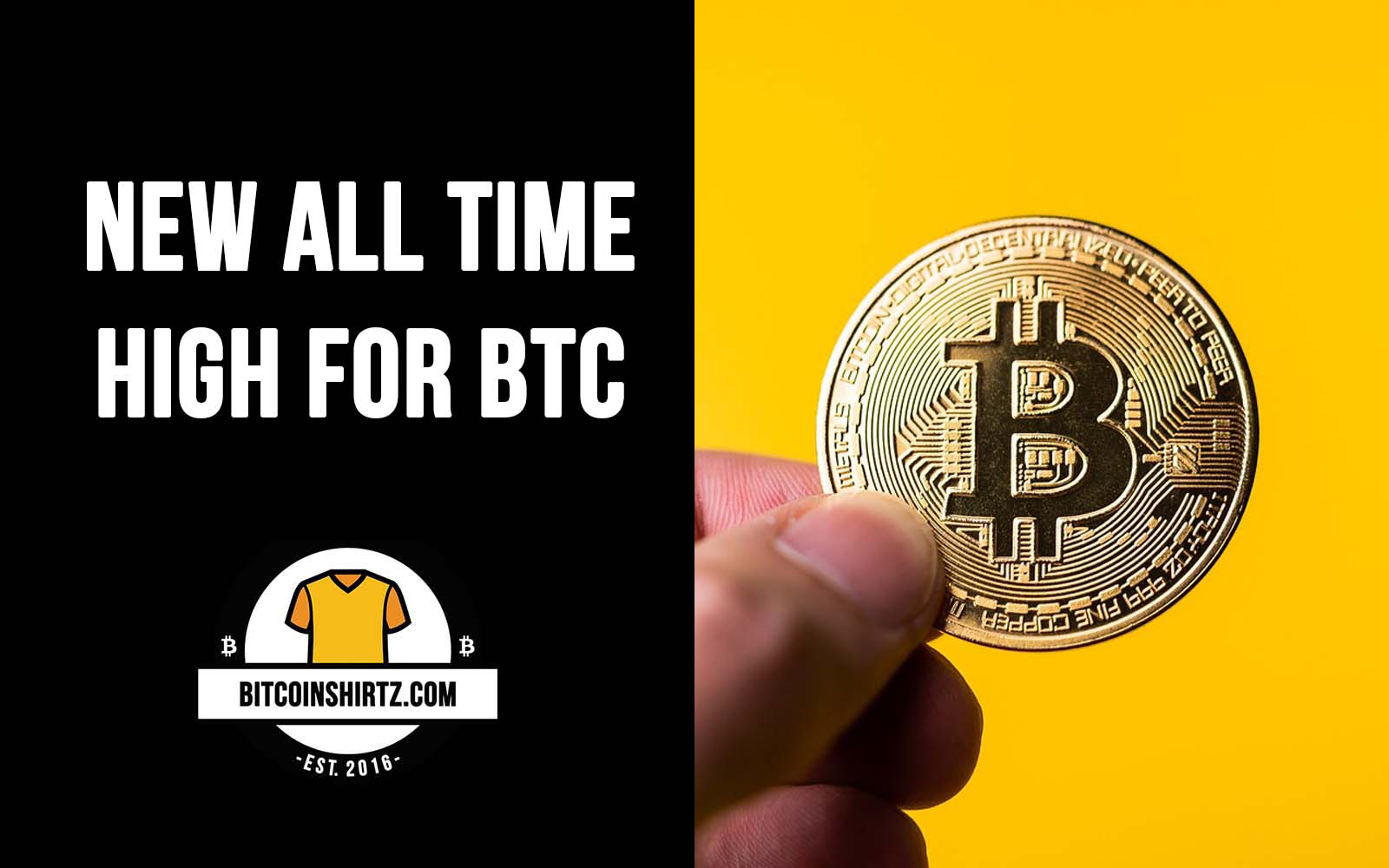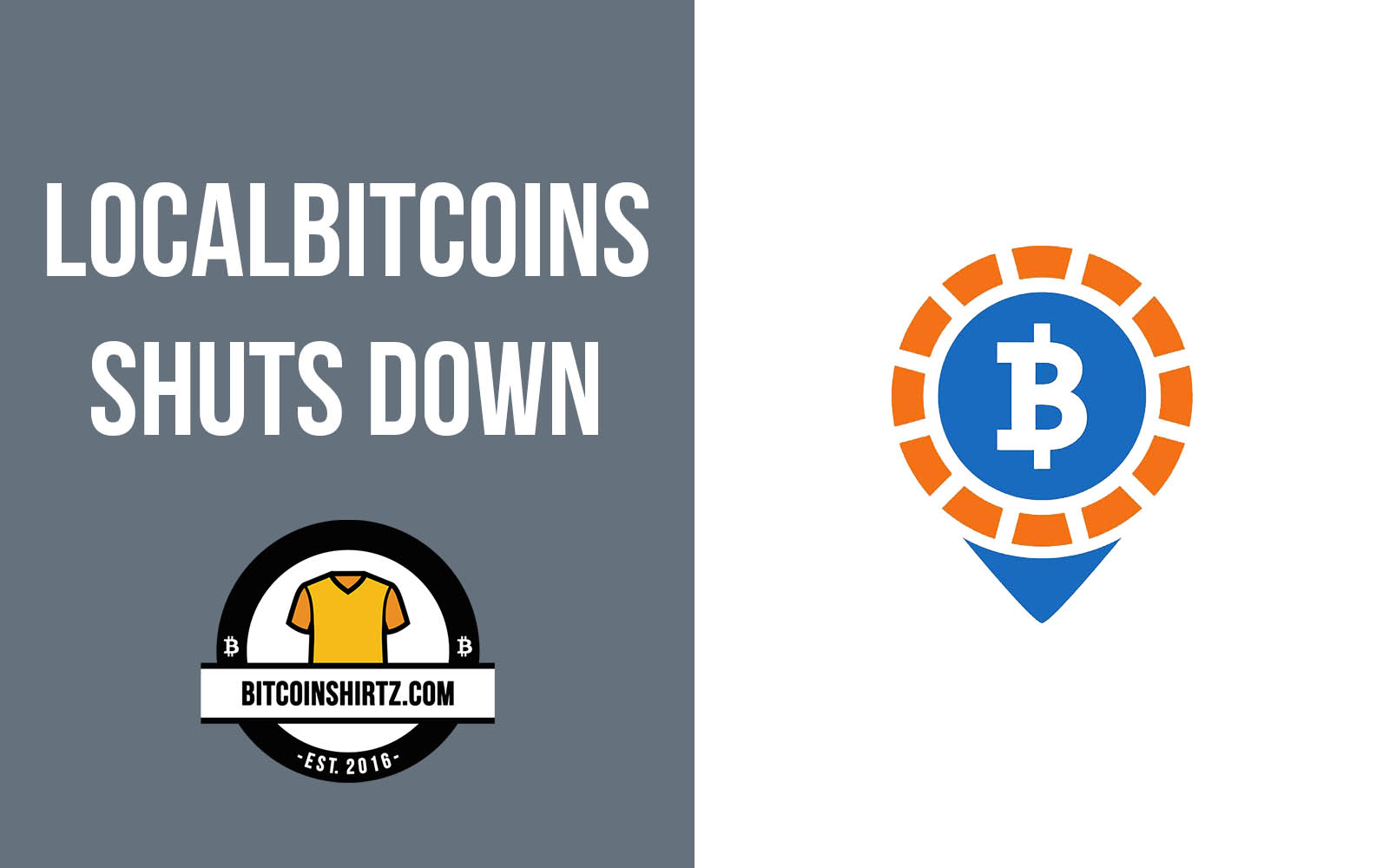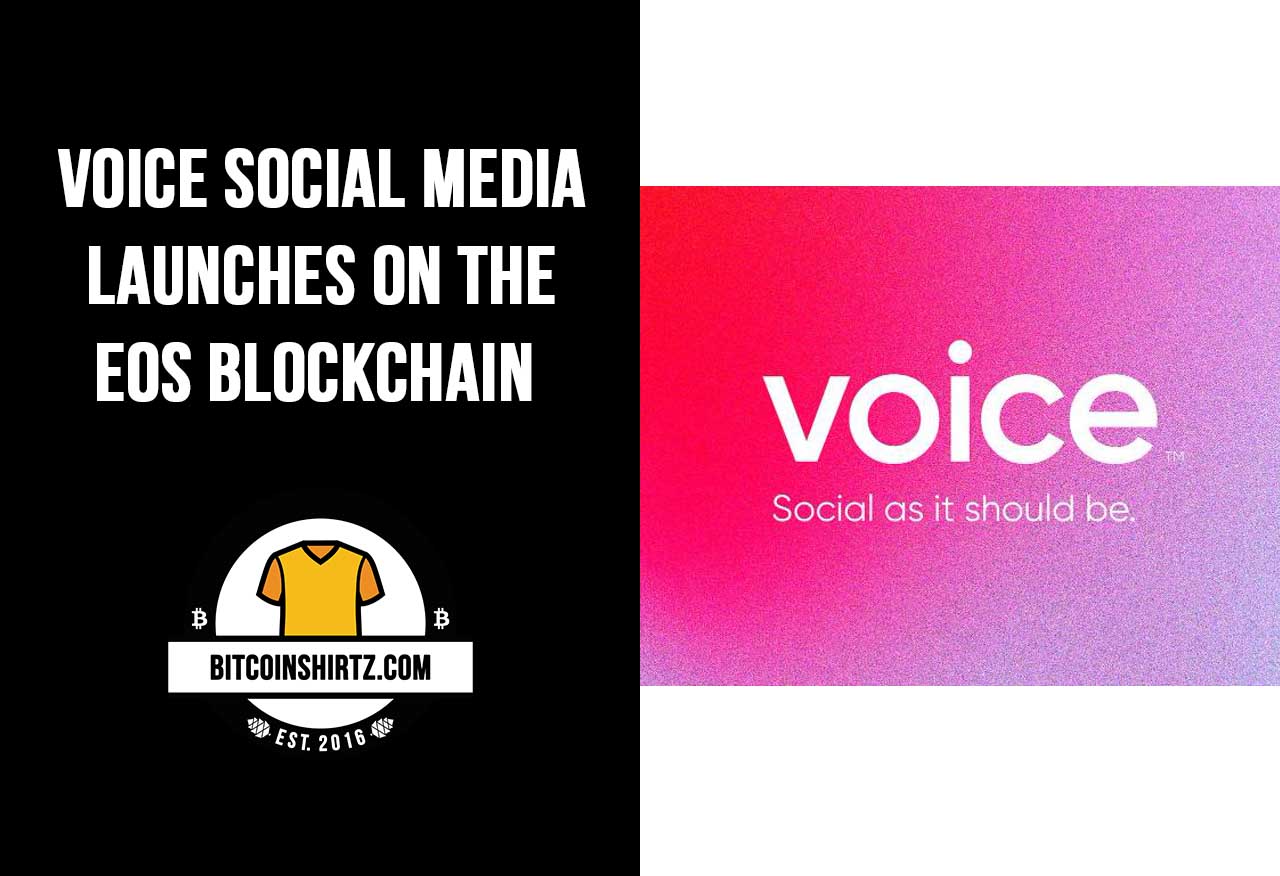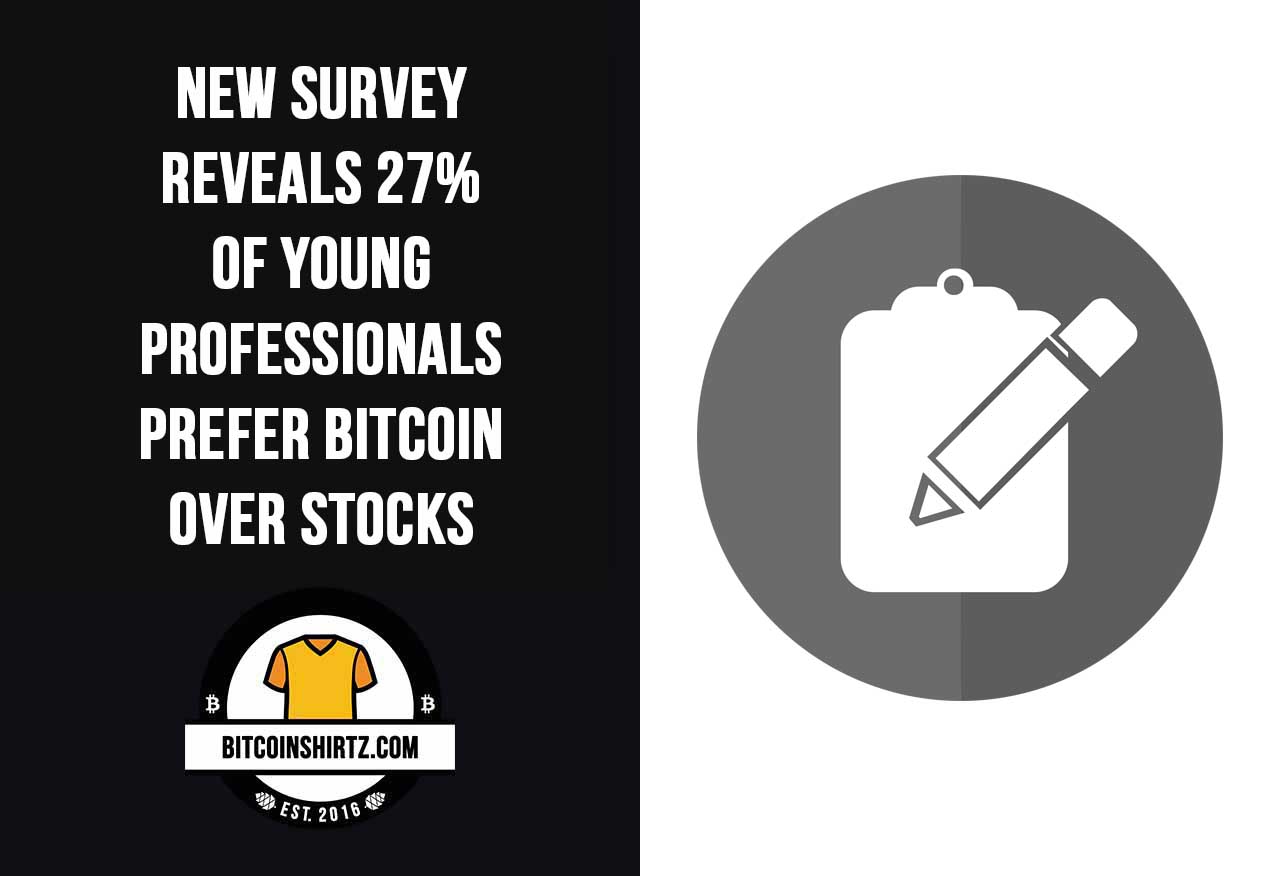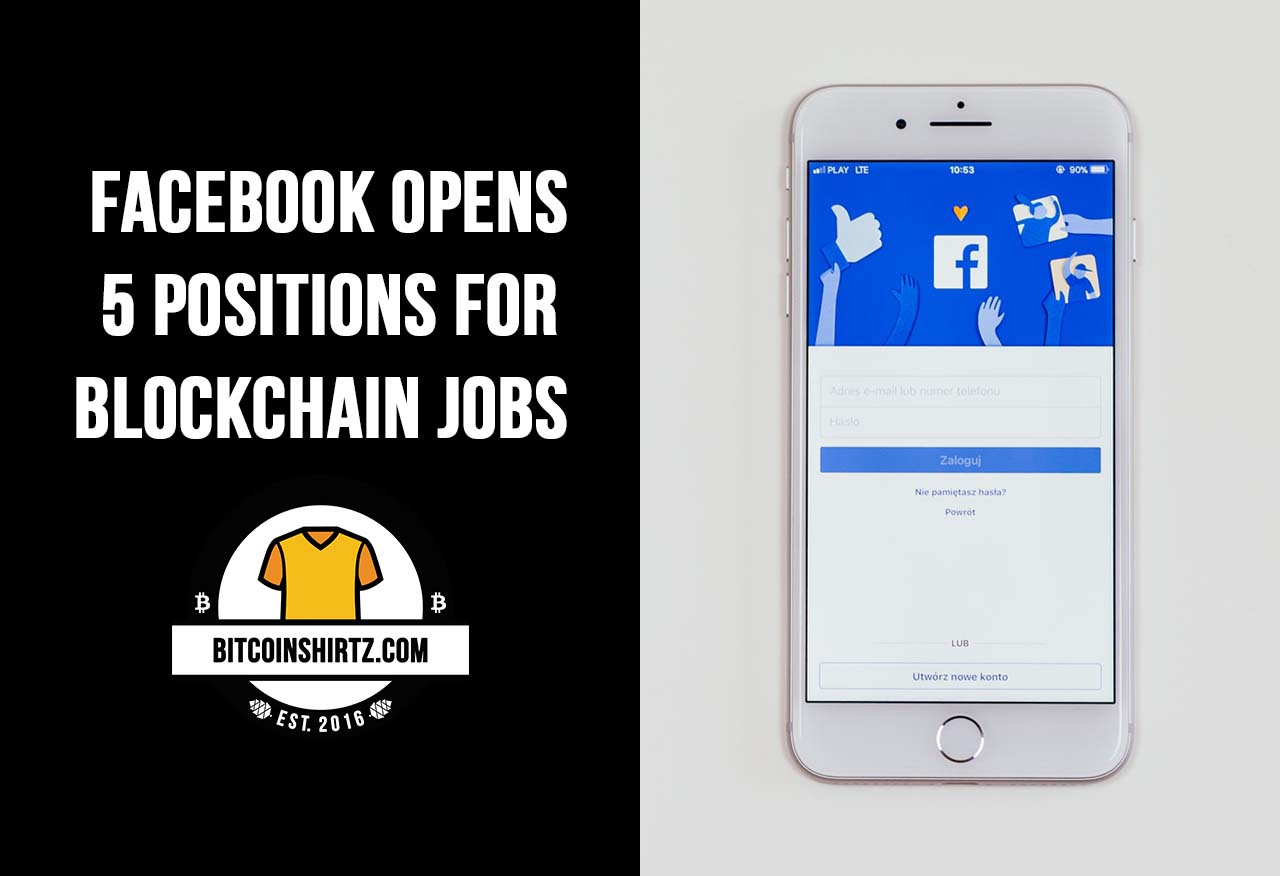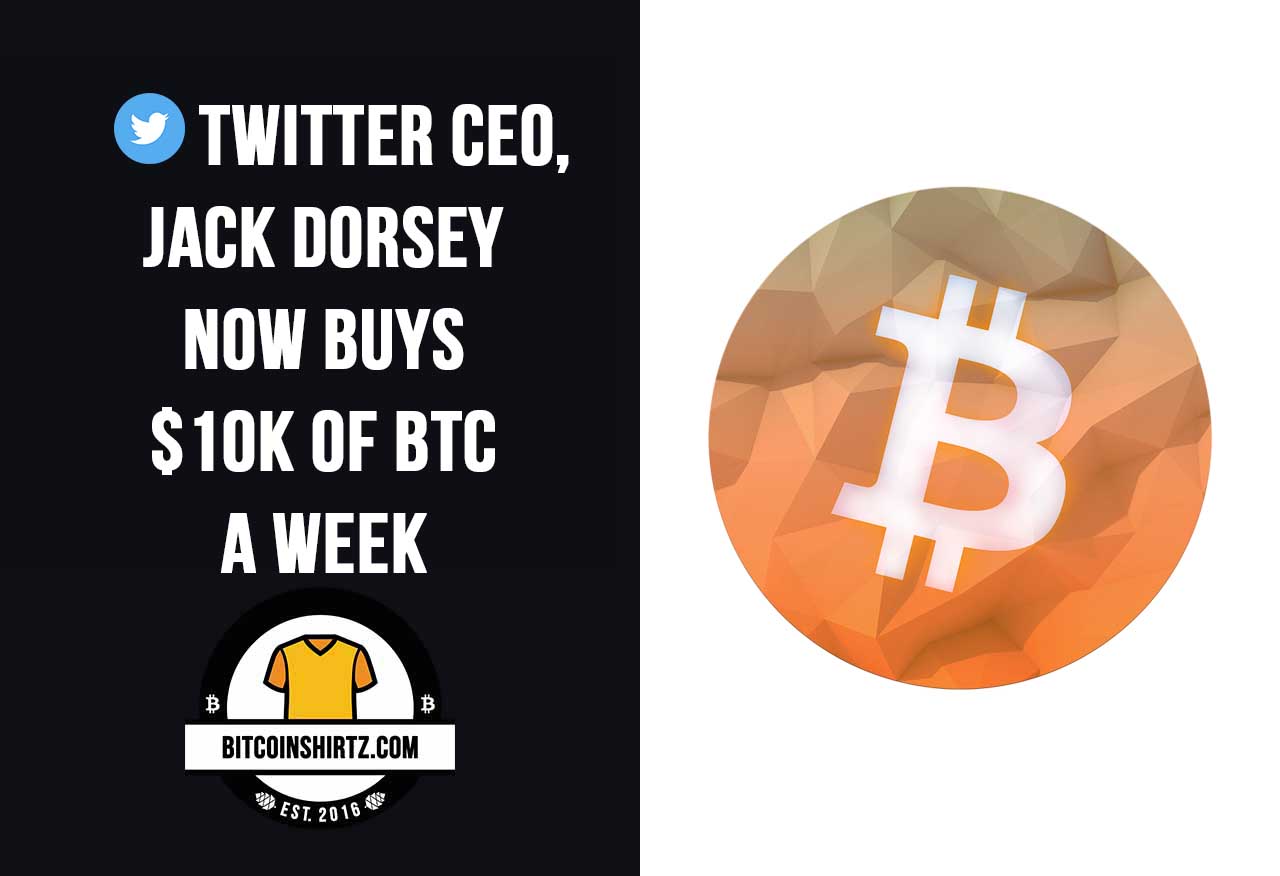The latest release from the Exodus Team includes support for EOS!
Exodus users can now store EOS in their multi-asset wallet and maintain full control of their private keys. This will be advantageous for people who have chosen to pick up EOS on exchanges like Bitfinex or Kraken.
The view of the EOS wallet in Exodus.

Exodus users can exchange EOS directly inside the Exodus wallet.

Today Exodus welcomes EOS and Aragon to our family of assets. In addition we added further updates to the restore system – restoring from your Exodus backups are even easier and now fully automatic.
In addition to EOS, Exodus has built in support for Aragon.

Exodus currently supports Aragon, Augur, Bitcoin, Decred, Dash, EOS, Ethereum, Golem, and Litecoin.
About EOS

Dan Larimer is leading the EOS project as the CTO. He brought many innovations to the distributed ledger scene with BitShares and Steemit and his blockchain advocates say he will do even more impressive things with EOS.
The EOS.IO software introduces a new blockchain architecture designed to enable vertical and horizontal scaling of decentralized applications. This is achieved by creating an operating system-like construct upon which applications can be built. The software provides accounts, authentication, databases, asynchronous communication and the scheduling of applications across hundreds of CPU cores or clusters. The resulting technology is a blockchain architecture that scales to millions of transactions per second, eliminates user fees, and allows for quick and easy deployment of decentralized applications.
Source: Block.one
The EOS blockchain project is currently running a year long ICO (initial coin offering). The first 20% of tokens were released during the first five days of the ICO. Another 70% of the token supply will be distributed in equal amounts everyday over the remainder of the year. Each day you can participate in the ICO window and purchase EOS. The last 10% of tokens are being held by EOS.
- March 2024 Finally Brings New Bitcoin All Time High Of $69K - March 6, 2024
- Who Will Create The Next LocalBitcoins? - November 28, 2023
- Voice Social Media Launches On The EOS Blockchain - June 6, 2019

